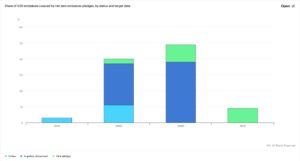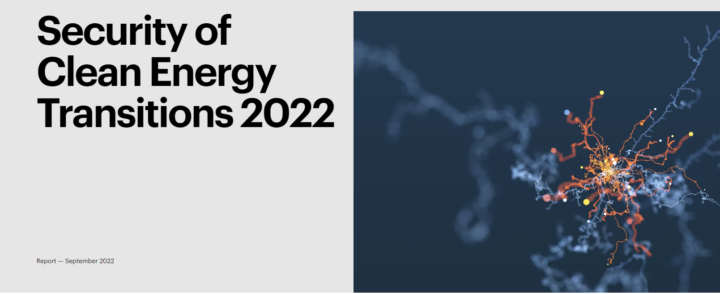Security of Clean Energy Transitions 2022
The report highlights key energy security concerns during energy transitions and provides governments, notably within the Group of Twenty (G20), with policy recommendations for maintaining and improving energy security, while accelerating clean energy transitions to address the triple crises.
In the context of Indonesia’s G20 Presidency, the Ministry of Energy and Mineral Resources invited the International Energy Agency (IEA) to produce a second edition of its Security of Clean Energy Transitions report, the first having been published in 2021, building on the G20 Naples Principles.
In the run up to the Bali G20 Energy Transitions Ministerial in September 2022, this report is intended to support discussions among the G20 countries and further elaborate on the G20 Naples Principles, agreed at the G20 energy ministers’ meeting in Naples in 2021, by providing analysis, insights and recommendations.

In the short term, there is a need to maintain energy security and rebalance supply and demand of energy by reducing demand and increasing supply, maximising the existing infrastructure, while radically reducing emissions of oil, gas and coal. This will help decrease pressure on global energy markets and prices.
In March and April 2022, IEA member countries agreed to take collective action to release oil from their strategic reserves; the largest collective actions in the history of the IEA. IEA members underscored their strong and unified commitment to stabilising global energy markets, which was welcome by many G20 members. As these collective actions show, international collaboration and concrete actions are critical in ensuring the stable supply of energy, notably for developing economies.
Source: IEA



